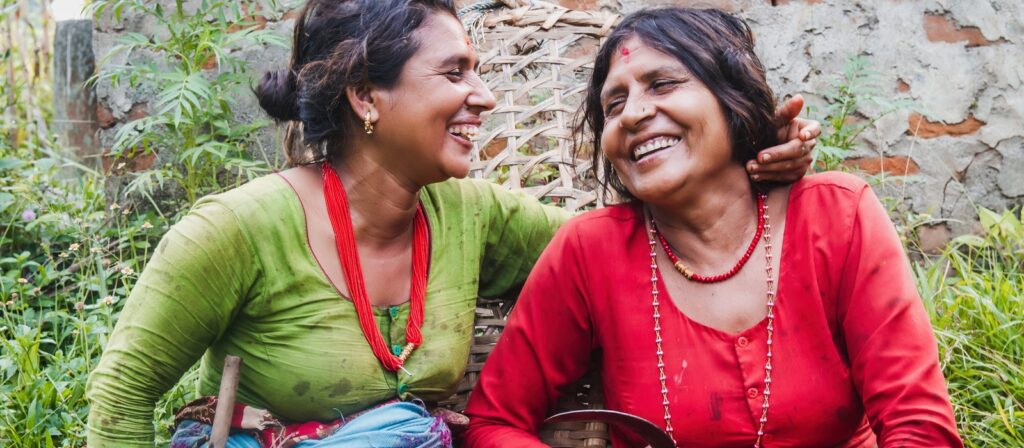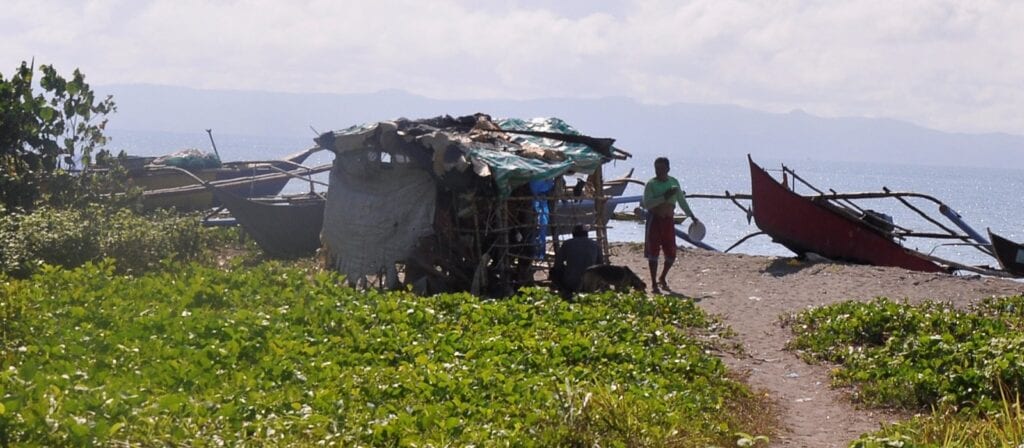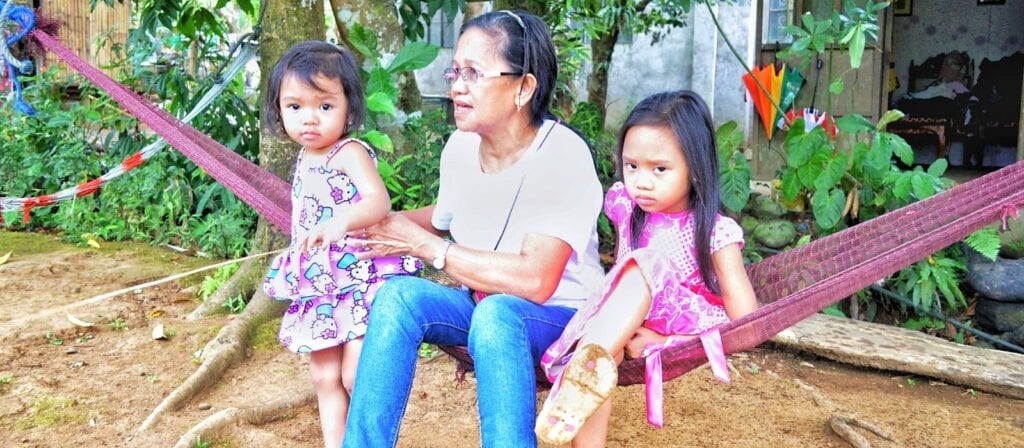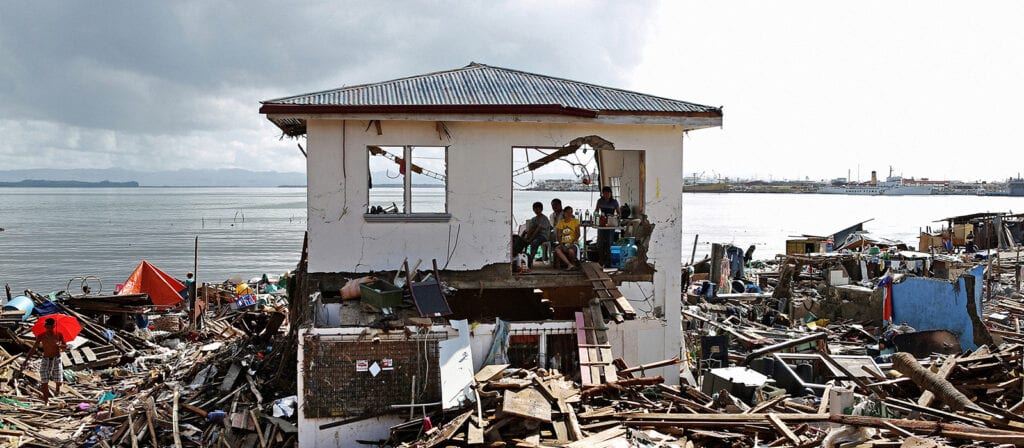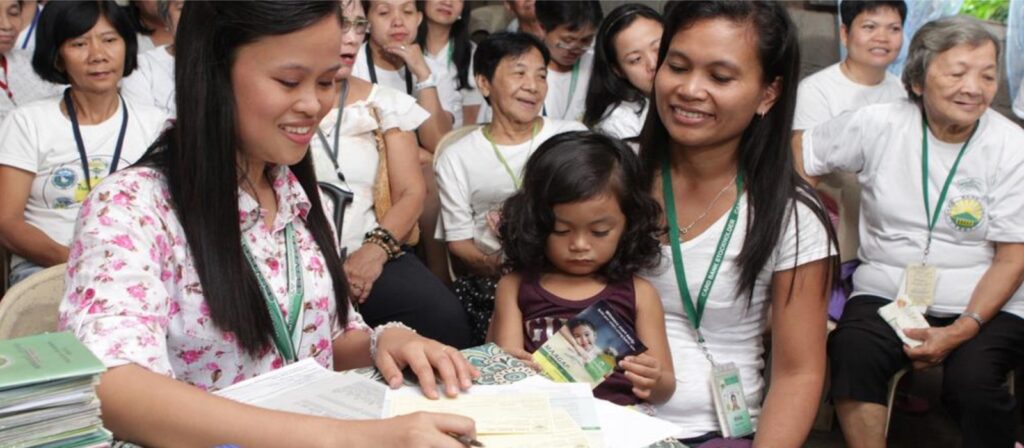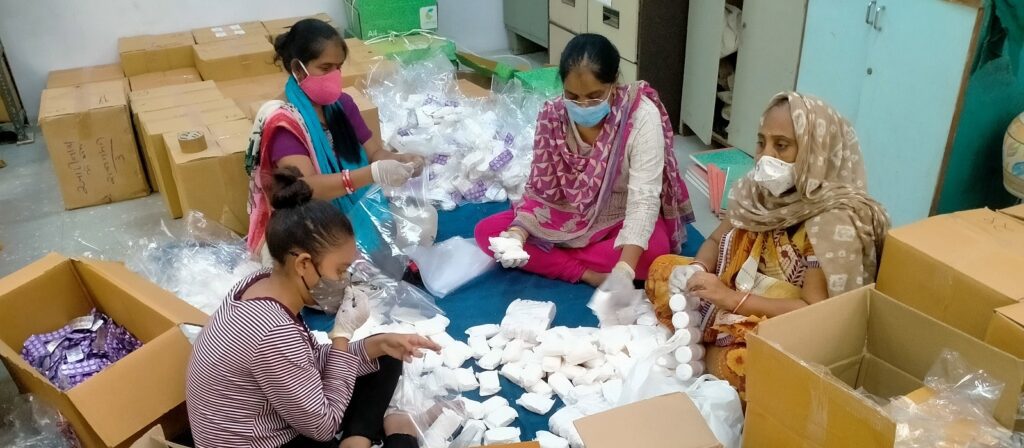Kasagana-ka is an acronym for the Filipino phrase, which in English, means “livelihood for genuine self-reliance”. These values continue to define KMBA’s programs and targets for their clients. KMBA was licensed as a mutual benefit association (MBA) in 2007, and today has 45,000 strong members. They envision a self-reliant and self-sustaining organisation that actively and appropriately responds to financial risk management and the needs of poor Filipino families. To do so, they offer microinsurance products and services to provide immediate financial assistance in times of need.
KMBA is one of the organisations forming the Kasagana-ka Synergizing Organization (KSO) as well as the Kasagana-ka Development Centre. The goal of the Kasagana-ka organisation is believed to be best achieved through cooperation between organisations. That is why they work alongside the KDCI, which is in charge of implementing the social programs; K-COOP lead in the financial products and services (using microfinance as a strategy); KMB serves as the provider of social protection; whilst KEEPF provides support for the employees. Other aspects such as health, resilience, housing, education, and security are provided through other KSO members. This business model allows access to wider networks and resources and provides the flexibility to respond to other social development goals.
KSO’s six pillars towards achieving the SDGs:
1. Livelihood and enterprise development:
This pillar responds to five SDGs by helping entrepreneurial women: Goal 1, no poverty; Goal 2, zero hunger; Goal 5, gender equality, Goal 8, decent work and economic growth; and Goal 10, reduced inequalities.
Empowering women helps economic growth and development. Some examples include increasing job opportunities; providing access to credit for their small enterprises and livelihood loans; the revival of business, employment and the implementation of projects targeting the vulnerable, urban poor communities; increasing resources and services; and supporting communities.
2. Education training information:
KSO’s K-Education program aims to aid in all school-related expenditures. As a part of this, their Kuya Jun Scholarship endeavours to develop empowered, efficient/effective leaders, managers, employees, and members through training programmes.
Another project is their Adopt-a-School Project where each of KSO’s K-COOP satellite offices identifies a school where most of their members send their children. The schools then identify a needed project which the project supports such as a drinking water tank. This lends to Goal 4, quality education, which ensures that all children complete primary and secondary schooling, achieving inclusive and quality education for all.
3. Health and wellness
This pillar lends itself to the Goal 3, good health and well-being; and Goal 6, clean water and sanitation. This is done through promoting healthy living to their members. KSO aim to ensure the sustainability of their institutions, members, families, and communities though health services; educating employees and members on health-related issues; and encouraging health-seeking behaviour.
4. Security, shelter and safety
This pillar relates to Goal 11, sustainable cities and communities. By providing access to safe and building affordable, resilient housing, and skills training, KSO has improved the living conditions of many members. Another loan product called K-Bahay provides security of tenure meaning the members and their families have proof of the ownership of the house and the land.
5. Social protection
The social protection pillar lends to Goal 3, good health and well-being; and Goal 16, peace, justice and strong institutions. This pillar aims to protect members and their families during vulnerable times such as death, disease, sickness, disability, accidents, and disaster. This is done by Kasagana-ka MBA providing them with affordable insurance and effective delivery of their products and services.
6. Environment resiliency and sustainability
The newest pillar targets the following SDGs:
- Goal 7, affordable and clean energy: KSO aim to achieve this by providing access to solar power and ensuring energy is accessible for all through their partnership with the Microfinance Council of the Philippines on sustainable and energy-efficient housing design.
- Goal 9, industry, innovation and infrastructure; and Goal 12, responsible consumption and production: KSO wishes to focus on digitalisation to help improve their services, assistance, and processes, and decrease waste through paperless transactions.
- Goal 13, climate action: KDCI has introduced hazard mapping and profiling to members’ plans as well as raising awareness on climate change mitigation. KSO are now promoting green products and services.
- Goal 14, life below water: KSO is aiming to increase their paperless transactions and provide solutions to waste management.
- Goal 15, life on land: Linking to the previous target, KSO is promoting partnerships to encourage organic farming and urban gardening that will help support food and water security, climate change, mitigation and adaptation.
KSO’s major strategy is around Goal 17, “to strengthen the means of implementation and revitalise the Global Partnership for Sustainable Development”. This is to encourage and promote effective public, private, and civil society partnerships, and build on the experience and resourcing of partnerships.
At Kasagana-ka, the SDGs are major steps towards a better future to align, develop, and implement products and services.
